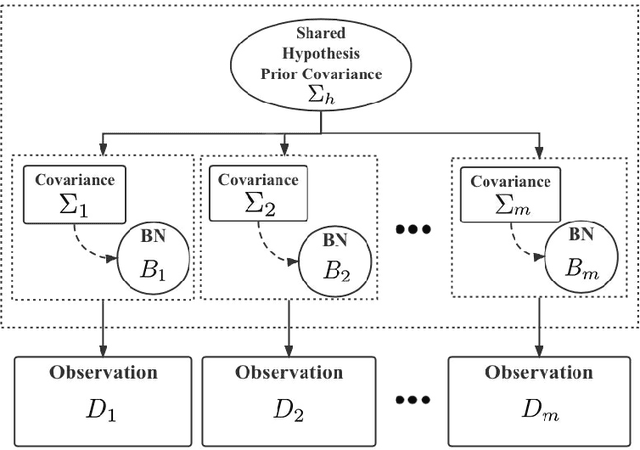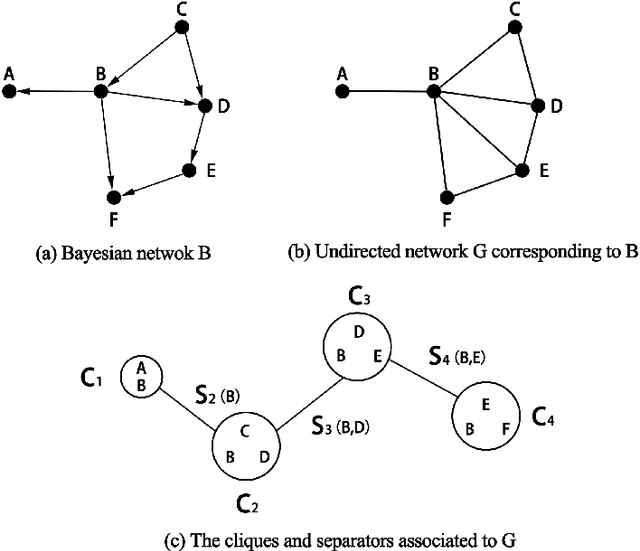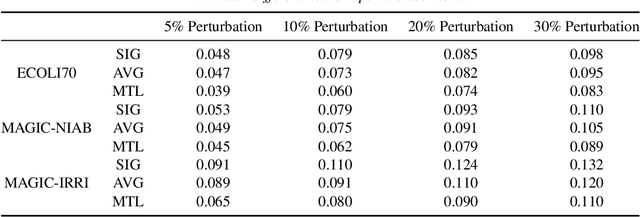Learning Multitask Gaussian Bayesian Networks
Paper and Code
May 11, 2022



Major depressive disorder (MDD) requires study of brain functional connectivity alterations for patients, which can be uncovered by resting-state functional magnetic resonance imaging (rs-fMRI) data. We consider the problem of identifying alterations of brain functional connectivity for a single MDD patient. This is particularly difficult since the amount of data collected during an fMRI scan is too limited to provide sufficient information for individual analysis. Additionally, rs-fMRI data usually has the characteristics of incompleteness, sparsity, variability, high dimensionality and high noise. To address these problems, we proposed a multitask Gaussian Bayesian network (MTGBN) framework capable for identifying individual disease-induced alterations for MDD patients. We assume that such disease-induced alterations show some degrees of similarity with the tool to learn such network structures from observations to understanding of how system are structured jointly from related tasks. First, we treat each patient in a class of observation as a task and then learn the Gaussian Bayesian networks (GBNs) of this data class by learning from all tasks that share a default covariance matrix that encodes prior knowledge. This setting can help us to learn more information from limited data. Next, we derive a closed-form formula of the complete likelihood function and use the Monte-Carlo Expectation-Maximization(MCEM) algorithm to search for the approximately best Bayesian network structures efficiently. Finally, we assess the performance of our methods with simulated and real-world rs-fMRI data.
 Add to Chrome
Add to Chrome Add to Firefox
Add to Firefox Add to Edge
Add to Edge